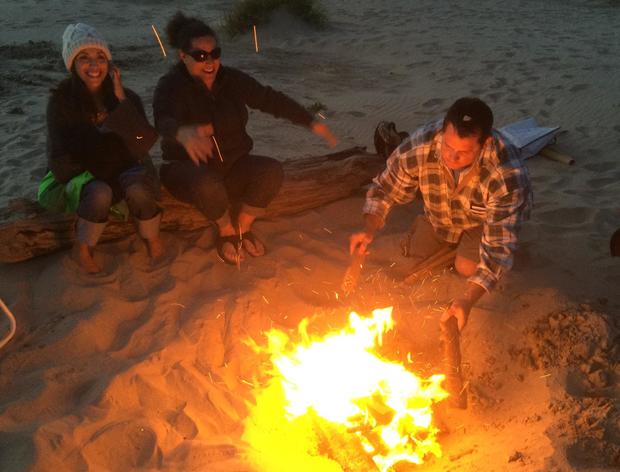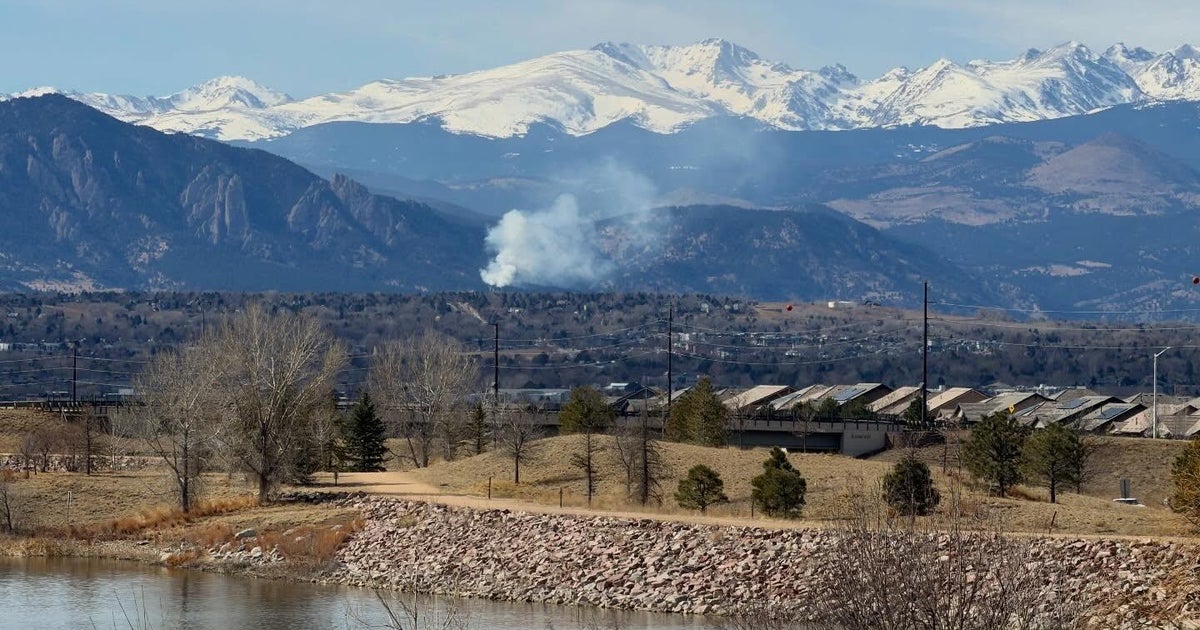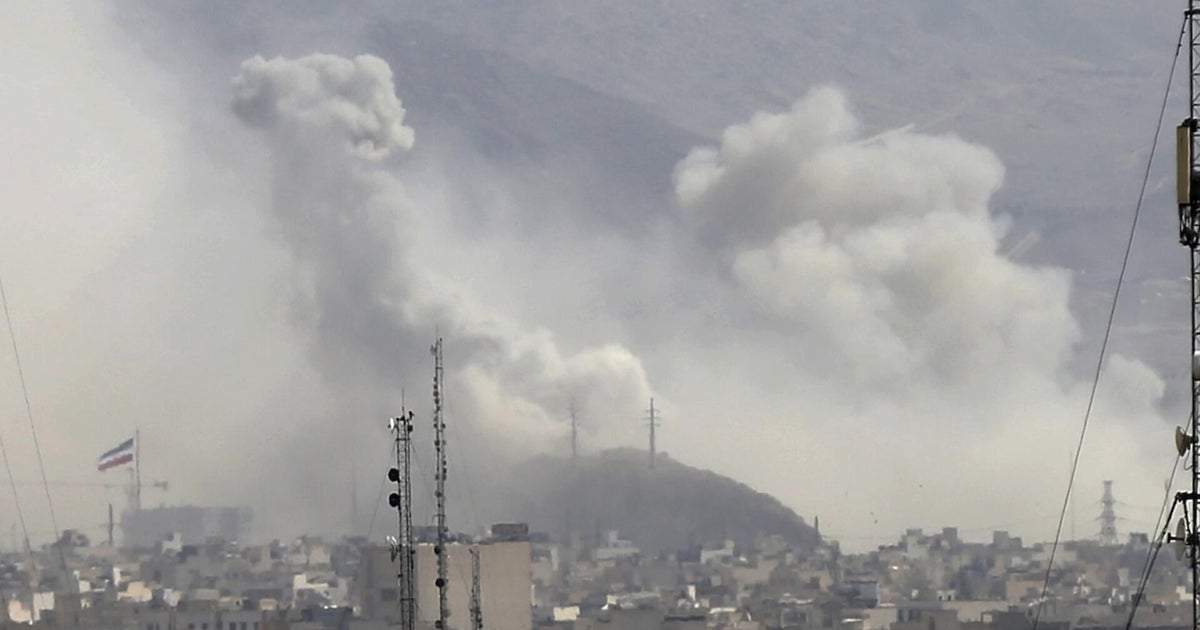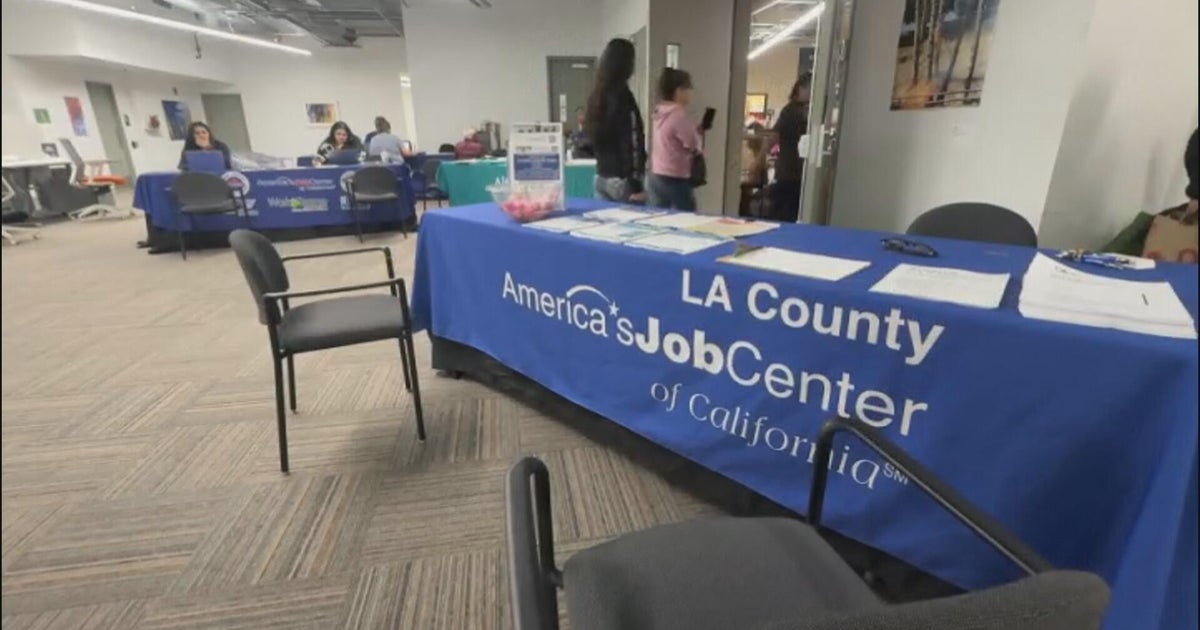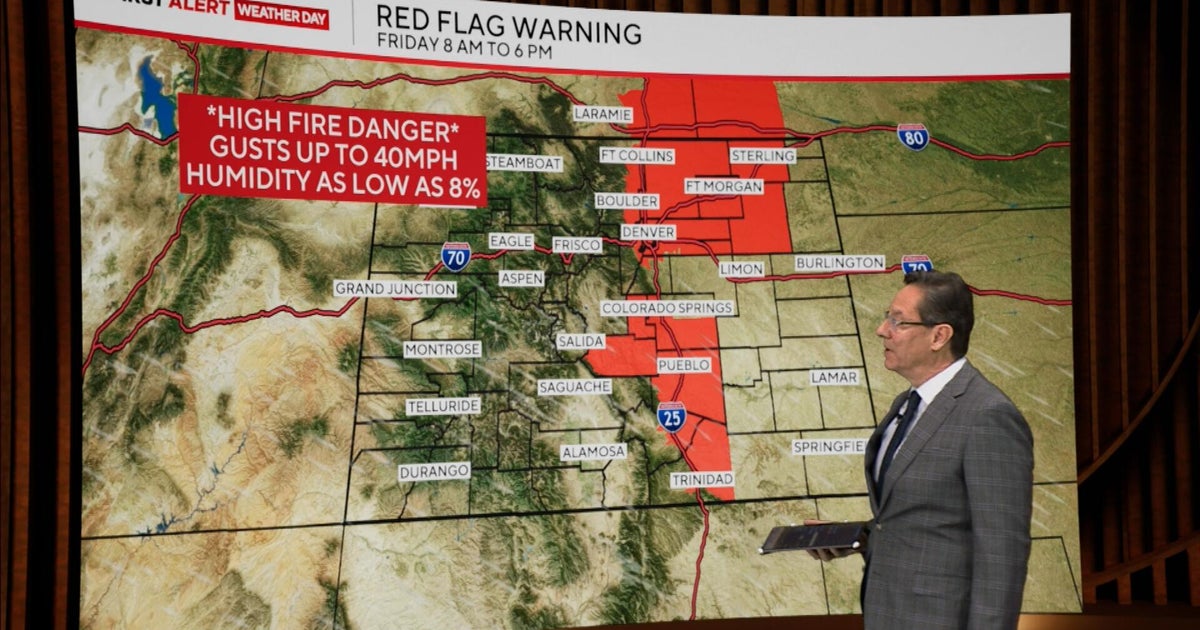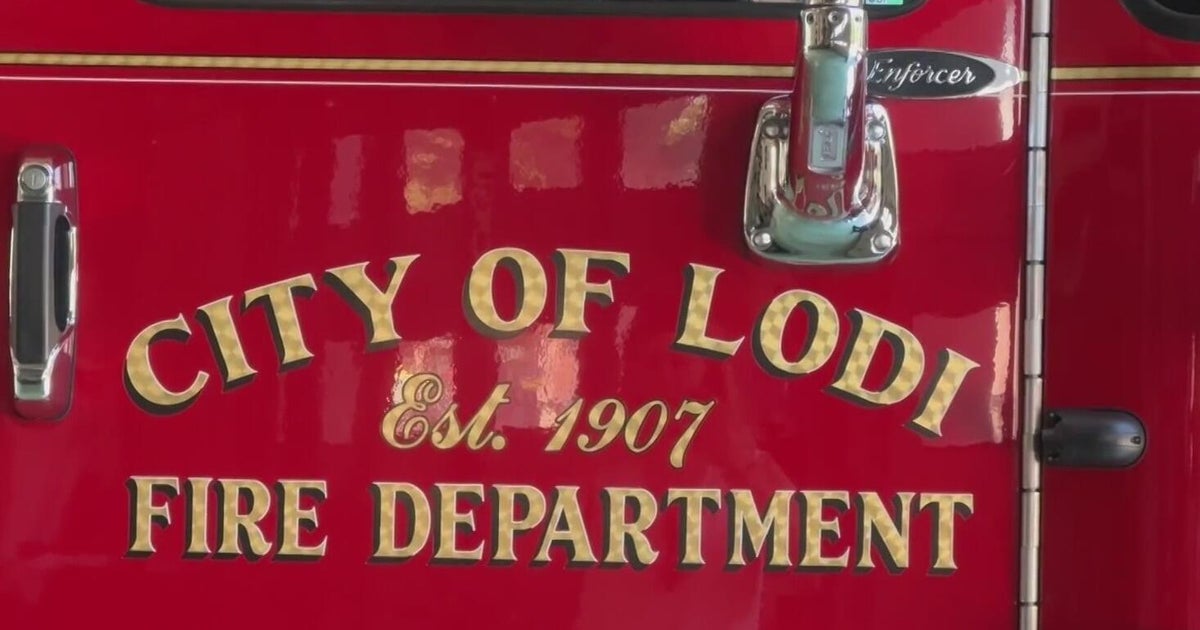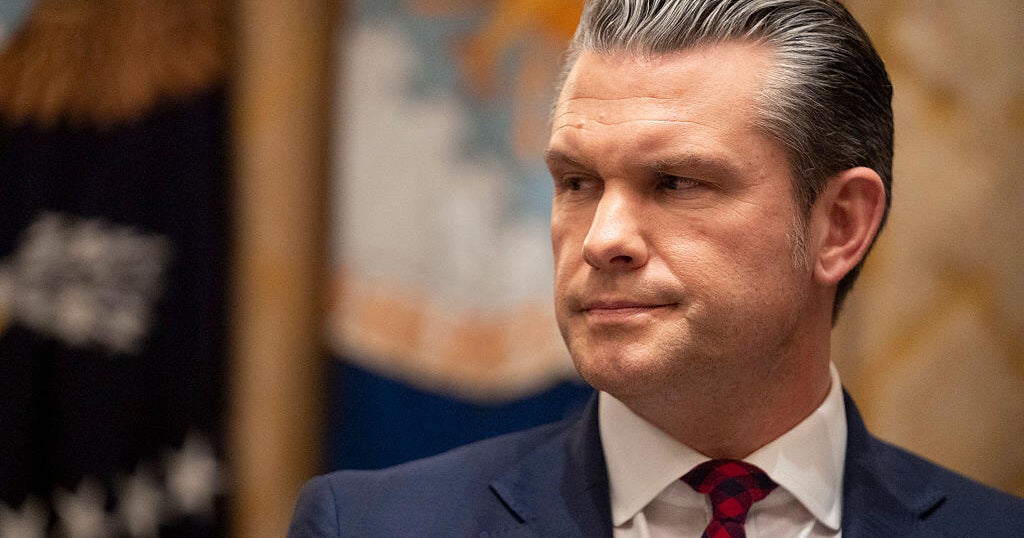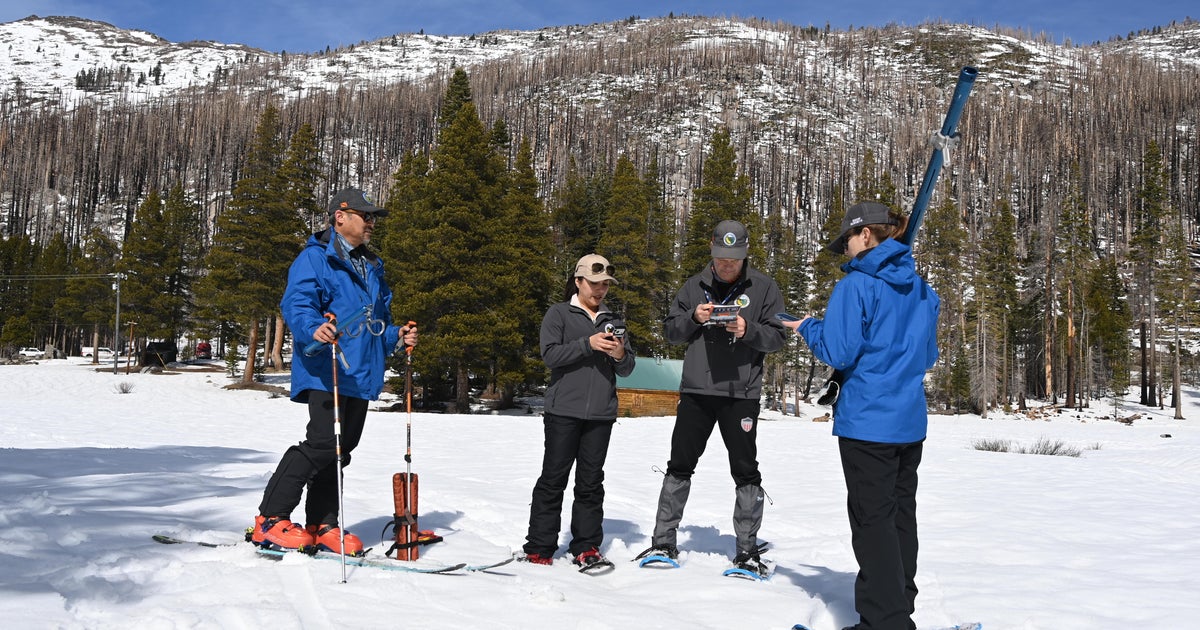Campfire bans implemented in Western states as wildfire fears grow
Roasting marshmallows around a campfire during the last weeks of summer won't be possible in some areas of the Northwest and Southwest, as campfire bans are being put into effect throughout the region. With wildfire fears growing thanks to ongoing drought conditions and the devastation in Maui and Canada, campfire or "burn" restrictions have are being implemented in an effort to reduce the number of human-caused wildfires.
Beginning August 18, the National Park Service will implement a complete ban on all campfires, including charcoal, at Olympic National Park and Olympic National Forest in Washington, the agency announced in a statement.
"We have already seen wildfires start throughout western Washington and these types of conditions are highly conducive to wildfires starting on the peninsula," Interagency fire management officer Jeff Bortner said in the statement.
The Oregon Department of Forestry and Washington State Department of Natural Resources have enacted burn bans in certain areas on lands those services manage. Most Texas counties currently have campfire or burn bans in place, according to data compiled by Texas A&M Forest Service.
Nearly 85% of wildfires are started by people — usually from campfires, burning debris, equipment use and malfunctions, negligently discarded cigarettes and intentional acts of arson, according to the National Park Service. In the Pacific Northwest, the number of human-caused wildfires have jumped significantly since last year, with 197 wildfires started by people in less than two months, said the National Park Service. The agency said the reasons behind the increase "are unknown," but that simple measures can prevent wildfires.
Some scientists say human-caused global warming is exacerbating natural hazards, making wildfires both more likely and more deadly.
"Drought has always been with us, but land use and climate change are putting money in the bank of fire disasters by increasing the exposure of people to a growing number of drier and windier events," Florida State University Professor Kevin Speer, an expert on fire dynamics, and director of the university's Geophysical Fluid Dynamics Institute told CBS News.
Speer said that, while "campfire bans are a necessary technique," the most important new longer-term strategy in the West is to "implement prescribed burns on a larger scale."
On the Hawaiin island of Maui, wildfires that ignited last week killed at least 110 people. Once the flames broke out, dry conditions combined with high winds from Hurricane Dora helped the fire spread rapidly, destroying nearly all of the historic town of Lahaina. While it is not yet known what started the deadly fires, investigators are looking into whether downed power lines played a role.
— Faris Tanyos and Emily Mae Czachor contributed reporting
